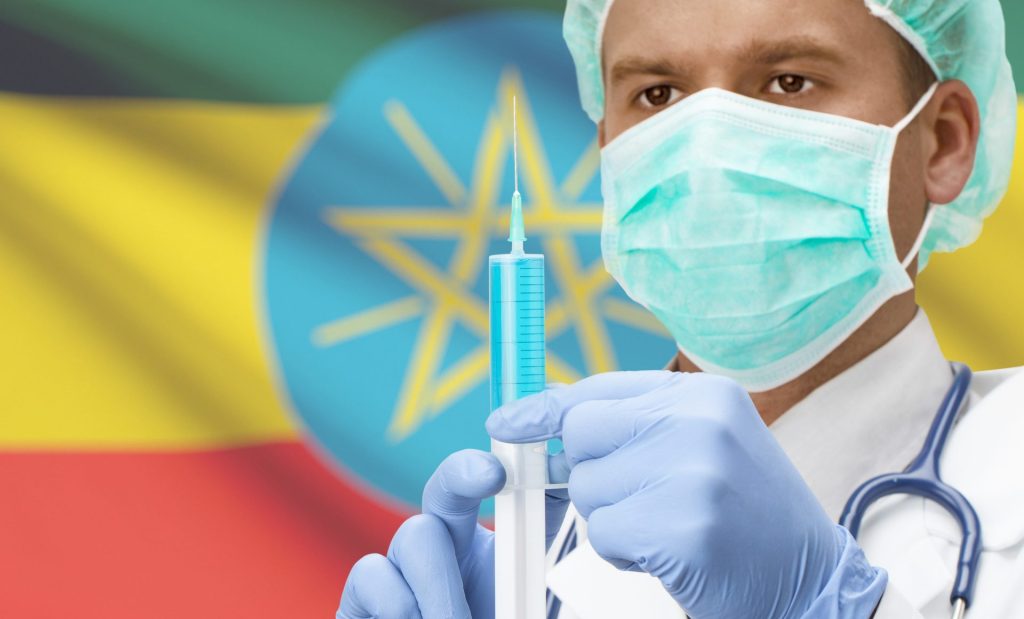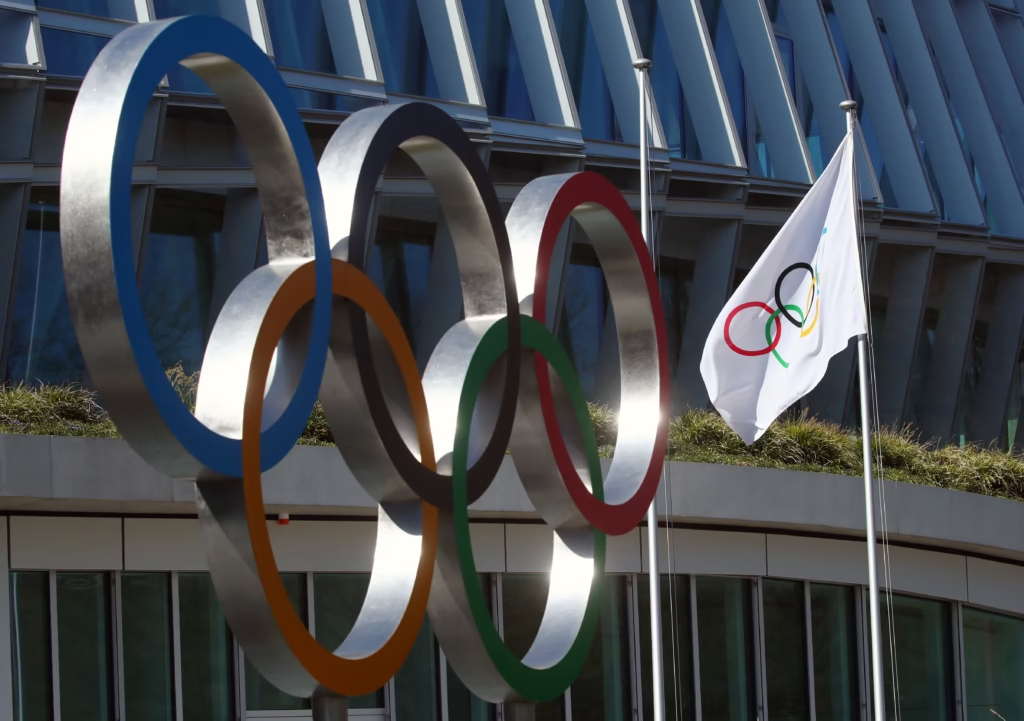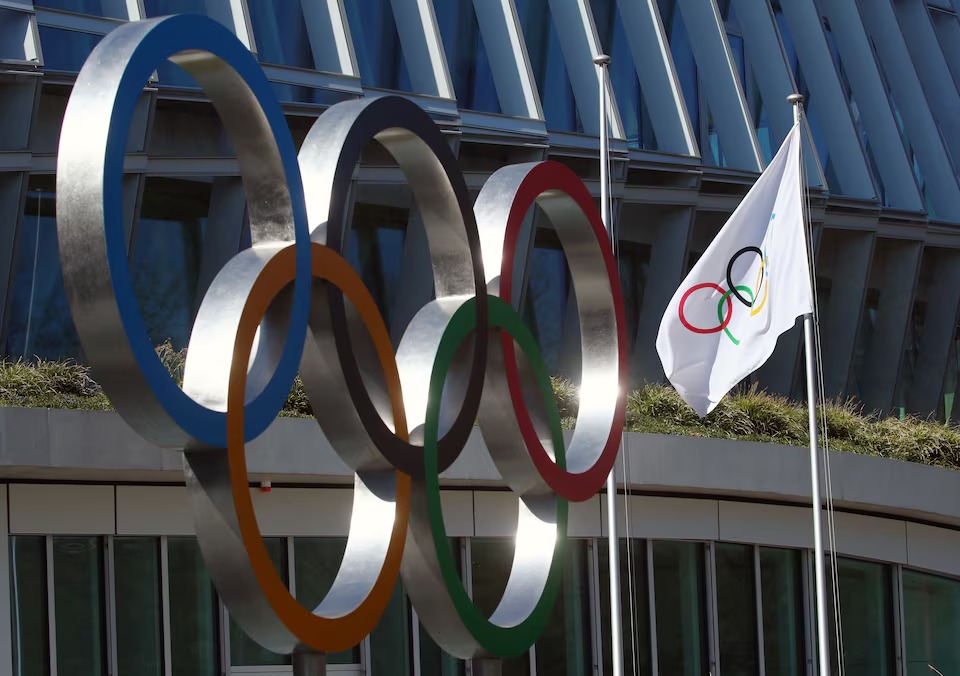
South Africa has taken a significant step towards ending the controversial practice of captive-bred lion hunting. The government announced plans to phase out the breeding of lions specifically for hunting purposes.
This move comes after years of criticism from conservationists and animal rights groups. These groups have long condemned the practice of breeding big cats solely to be shot by wealthy hunters, often for exorbitant sums. Trophy hunting, where hunters take home body parts like the head or skin as a prize, has been a particular point of contention.
The decision follows an earlier announcement in 2021 of the government’s intention to ban the breeding of lions for hunting. After a two-year investigation by a special panel, Environment Minister Barbara Creecy confirmed the recommendation to shut down the captive-breeding industry entirely. Lion breeders will be given a two-year grace period to transition out of the business before the ban comes into effect.
This decision has faced opposition from the lucrative captive-bred lion industry. However, it aligns with a growing global movement against trophy hunting. Countries like the United States and Australia, along with several European nations, have recently shown support for banning the import of hunting trophies.
South Africa’s captive-bred lion industry is estimated to hold between 8,000 and 12,000 lions in roughly 350 farms. Animal rights groups have consistently raised concerns about the conditions these animals are kept in. In stark contrast, the wild lion population in South Africa is estimated to be a mere 3,500, according to the Endangered Wildlife Trust.
This phase-out plan signifies a shift in South Africa’s approach to wildlife management, prioritizing conservation efforts and aligning with international trends.




